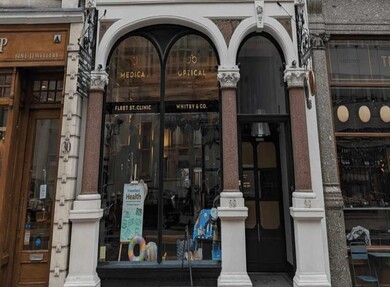|
Alcohol support Realising you have a problem with alcohol is the first big step to getting help. You may need help if:
A good place to start is with a GP. Try to be accurate and honest about how much you drink and any problems it may be causing you. If you have become dependent on alcohol, you will have found it difficult to fully control your drinking in some way. So you'll probably need some help either to cut down and control your drinking or stop completely, and also some plans to maintain the improvement after that. The GP may suggest different types of assessment and support options available to you, such as from local community alcohol services. You can also ask about any free local support groups and other alcohol counselling that may suit you. Find alcohol support services in your area If you have become physically dependent and need to stop drinking completely, stopping overnight could be harmful. You should get advice about this and about any medicine you may need to do this safely. The sorts of withdrawal symptoms that suggest you may need medicine include:
Staying healthy and in control Cutting down or stopping drinking is usually just the beginning, and most people will need some degree of help or a long-term plan to stay in control or completely alcohol free. Getting the right support can be crucial to maintaining control in the future. Only relying on family, friends or carers for this often is not enough. Ask a GP or alcohol service about what longer-term support is available in your area. Self-help or mutual aid groups (groups such as AA or SMART Recovery groups) are accessible in most areas. Useful contacts for alcohol problems
Caring for an alcoholic? Find out where you can get support. Alcohol detoxification Most people receive support to stop drinking and recovery support in the community. If you need medicine to help you stop drinking, it can often be taken at home or when attending a local service daily. But some people will need a short stay in a 24-hour medically supported unit so they can receive safe treatment of their withdrawal symptoms or other problems. This may be in an NHS inpatient unit or a medically supported residential service, depending on your situation and the assessed medical need. Intensive rehabilitation Some people are assessed as needing intensive rehabilitation and recovery support for a period after they stop drinking completely, either through attending a programme of intensive support in their local community or by attending a residential rehabilitation service. This type of intensive treatment is usually reserved for people with medium or high levels of alcohol dependence, and those who have received other forms of help previously that have not been successful. Local authorities are responsible for alcohol treatment services. Intensive residential rehabilitation may require an additional assessment process to determine if there is funding for this. It's also possible to pay for residential rehabilitation privately. Medical insurance companies may fund this for a certain period. Find out more about treatments for alcohol dependency. University College London (UCL) is doing research into ways of helping people drink less alcohol. Find out more about the trial and how you can join on the UCL website  BestCareCompare | ||||||
| Find GP's near you.. Find local GP's and filter for personalised care. Check CQC ratings and review scores to help make the best choice for you... |
| Find Great Doctors... |
|
|
Doctors near London (See Full List) |


